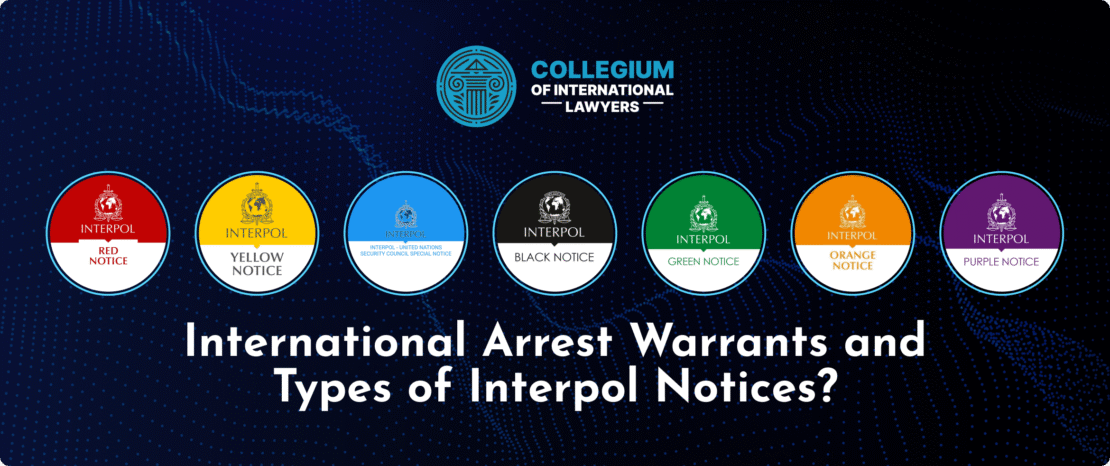
Interpol’s Role in Financial Operations Control
In an increasingly interconnected world, the need for robust financial operations control is paramount. As global financial markets expand, they also become more susceptible to criminal activities such as money laundering, fraud, and terrorism financing. Interpol, as the largest international police organization, plays a pivotal role in regulating these operations. With its unique ability to facilitate cross-border cooperation and coordination, Interpol aims to enhance the integrity and safety of financial systems worldwide. As highlighted in recent discussions, Interpol financial operations control www.hill.ru/press-center/interpol-usilivaet-kontrol-za-mezhdunarodnymi-finansovymi-operatsiyami/, Interpol has intensified its efforts to monitor and combat international financial crimes, paving the way for more secure global financial transactions.
The Nature of Financial Crimes
Financial crimes encompass a wide range of illegal activities that aim to produce financial advantages through deceptive means. The most prevalent types of financial crimes include:
- Money Laundering: The process of concealing the origins of illegally obtained money, often through a complex sequence of banking transfers or commercial transactions.
- Wire Fraud: Misusing electronic communications to deceive individuals or institutions to gain money or property.
- Terrorism Financing: Providing financial support to terrorist organizations or activities, often obscured within legitimate transactions.
These crimes not only undermine economic stability but also pose significant threats to national and international security. Therefore, governments and financial institutions worldwide are collaborating more closely to address these burgeoning issues.
Interpol’s Initiatives and Strategies
Interpol employs various methods to combat financial crimes effectively. These include:
1. Information Sharing and Intelligence Gathering
Interpol’s global network enables the seamless exchange of information among member countries. By gathering and disseminating intelligence regarding emerging financial threats, Interpol helps national law enforcement agencies respond efficiently to crimes.
2. Capacity Building and Training
To empower law enforcement agencies in member countries, Interpol organizes training programs and workshops, focusing on best practices for investigating financial crimes. This capacity-building framework equips officers with knowledge about financial regulations and evidentiary standards pertinent to prosecutions.
3. The Financial Crimes Unit

Interpol has established dedicated units to specifically tackle financial crimes. The Financial Crimes Unit works on targeted operations, often collaborating with specialized agencies to dismantle criminal networks and restore integrity to financial systems.
Recent Success Stories
Interpol has achieved notable success in its financial operations control efforts. For instance:
- Operation Sola: This operation targeted global money laundering networks, resulting in numerous arrests and asset seizures across several countries.
- Operation Pangea: Focused on combating online pharmaceutical crime, this operation highlighted the intersection of financial fraud and cybersecurity, leading to multinational cooperation.
These operations showcase the effectiveness of Interpol in addressing the complexities of international financial crimes through collaborative worldwide efforts.
The Role of Technology
As technology advances, so too do the methods employed by criminals. Therefore, Interpol constantly evolves its strategies by integrating technology to enhance its capabilities. Key technologies leveraged include:
- Data Analytics: Utilizing advanced data analytics tools allows for the identification of unusual transaction patterns that may indicate criminal activity.
- Blockchain Analysis: As cryptocurrencies gain prominence, Interpol is adopting blockchain analysis to trace illicit financial transactions.
- Artificial Intelligence: AI algorithms are being developed to detect anomalies in financial transactions, effectively predicting and preventing financial crimes.
International Collaboration
Collaboration is at the heart of Interpol’s approach to financial operations control. This involves:
1. Partnerships with Financial Institutions
Interpol works with banks and other financial entities to develop frameworks that facilitate compliance with anti-money laundering (AML) regulations.
2. Engagement with Global Organizations
Engaging with entities such as the Financial Action Task Force (FATF) allows Interpol to align its strategies with international standards, promoting global financial integrity.
3. Supporting Member Countries
By working closely with individual member countries, Interpol tailors its approach to meet specific regional challenges, ensuring the most effective responses to local financial crimes.
Conclusion
Interpol’s enhanced control of international financial operations plays a critical role in safeguarding the global economy. Through dedicated intelligence sharing, capacity building, and state-of-the-art technology, Interpol combats financial crimes that threaten national and global security. As financial systems continue to evolve, so too must Interpol’s strategies—adapting and anticipating emerging threats. The collaborative efforts of Interpol with member states and global financial institutions build a resilient defense against financial crime, ensuring a more secure environment for international financial operations.

